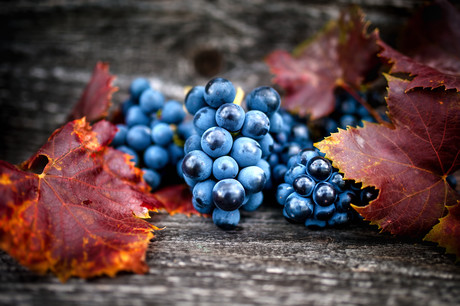Non-alcoholic soft drinks gain popularity

Alcohol does not support the healthy lifestyle consumers are increasingly seeking, and with many swapping champagne bubbles for sparkling juices, this has brought about a number of soft drink innovations.
According to the IWSR, 2017 statistics showed the volume sales of alcoholic beverages in America declined for the second consecutive year by around 0.2%, and it is the younger generations that are making the move away from alcohol. A report by investment banking firm Berenberg also revealed that Generation Z are drinking at least 20% less than their counterparts in the millennial generation.
Dubbed ‘clean lifers’, market researcher Euromonitor International said in its ‘Top 10 Global Consumer Trends for 2018’ report the market offers insufficient non-alcoholic alternatives for consumers to choose from, especially when socialising. Therefore, this highlights a gap in the market for non-alcoholic beverages that are suitable for different occasions, whether it is a baby shower, lunch date or evening at the bar.
Kevin Kilcoyne, VP and GM, Global Ingredients Group at Welch’s, commented: “This demonstrates that an opening also exists for products such as ‘mocktails’ — stylish beverages which look great and contain delicious and nutritious ingredients.”
This is the market that Welch’s Global Ingredients Group has begun to tap into with its grape juice products. Bearing a similar appearance and sweet taste to wine, its grape juices are available in still, carbonated or ‘mocktail’ varieties.
The company’s Concord grape produces a sweet, dark purple juice that is high in polyphenols, which are health-promoting nutrients. Derived from the grape’s distinct thick skin and crunchy seeds, some of these benefits include helping cognitive and cardiovascular health, and controlling blood glucose levels. For those preferring a crisp, sweet and refreshing taste, the Niagara grape is a non-alcoholic white wine equivalent.
The company also has a variety of non-alcoholic carbonated beverages, ranging from white and red grape sparkling juices to sparkling sangria and rosé.
On top of the negative statistics pertaining to the decline of alcoholic beverages, the popularity of polyphenols and sparkling juices will likely help drive market growth. The Global Sparkling Juices Market 2017–2021 is predicted to grow steadily at a CAGR of more than 8% by 2021. Similar to polyphenols, this is a result of consumers, particularly millennials, seeking healthier beverage options.
“Welch’s Concord and Niagara grape juices are perfect for adding wow-factor to mocktail formulations. They are delicious when combined with other fruit juices and great when carbonated to provide the perfect antidote to soda fatigue at any social gathering,” Kilcoyne said.
AFGC reviews progress on food and grocery manufacturing targets
In its latest food and grocery manufacturing sector report, AFGC reflects on the...
$15m AI space project to help boost Australian agriculture
The Australasian Space Innovation Institute is developing an AI-enabled geospatial national...
Barry Callebaut opens chocolate innovation centre in Singapore
The Callebaut Global Innovation Center is helping to advance the future of chocolate and cocoa...











